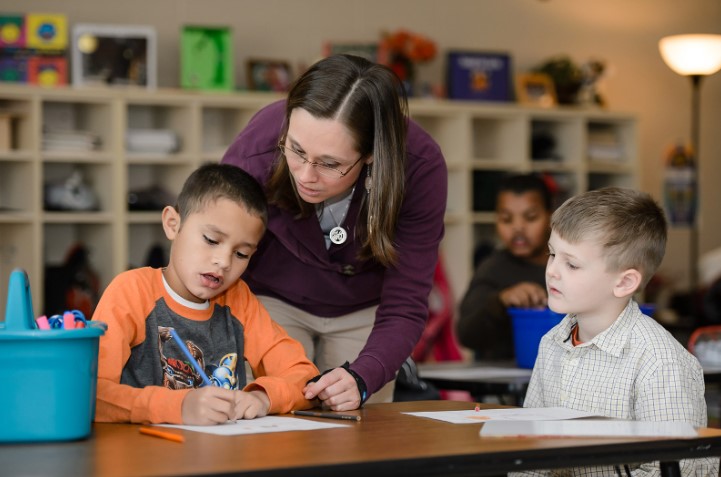After-school programs for special education students are increasingly popular, thanks to a variety of benefits and specialized programming. These programs are especially helpful for artistic and academically driven students, children with autism spectrum disorders, English language learners (ELLs), and other disabilities. Here are some tips to make your child feel more comfortable in an after-school program. Listed below are some tips for finding the right program. Let us know what you’d like!
Artistic and artistically driven students
Many after school programs for special education students are designed for the arts-inclined, especially for students who are highly creative and artistic. Art classes can teach non-verbal students how to communicate through song and drama. In some cases, special needs students may even develop social skills through art. The Friendship Circle drama program requires students to write their own musical. After school programs that are designed for arts-inclined students can also offer classes in academic subjects like math, science, and language.
The benefits of engaging students in the arts go far beyond improving student performance. Research links the arts to increased cognitive function in children. They also foster a strong connection to culture. The multi-sensory nature of the arts promotes higher achievement, social skills, and adaptive skills. Students’ memory improves when academic content is coupled with sensory input such as movement, rhythm, sound phrases, and textures.
Children with autism spectrum disorders
After school programs for children with autism spectrum disorders provide social and behavioral enrichment outside of the classroom. Children with autism spectrum disorder (ASD) may need extra help with communication, social interaction, and other areas. This developmental disorder is categorized by health care workers as an Autism Spectrum Disorder, which affects people differently. Different programs may have different standards for acceptance, based on the child’s diagnosis and level of functioning. Parents should research the available services in their area and talk with professionals before choosing a program.
Fortunately, there are many after school programs for children with autism in the United States. Children with ASD often experience difficulties in social interaction, sensory stimulation, and changes in routine. The most difficult parts of a typical school day are usually the unstructured parts. Additionally, many students with ASD have trouble expressing their ideas, writing, and keeping a schedule. These challenges can make after school programs essential.
Students with ELLs
After school programs for students with ELLs are important, but how do you get them to attend? One way is to partner with the school to set up an after school tutoring program for ELLs. While you are coordinating the tutoring, make sure that the school also offers a tutoring program. Teachers and guidance counselors are invaluable resources in a student’s life. They are familiar with the specific needs of ELLs and can offer comfort to them. They can also provide extra help that might be necessary.
After school programs for ELLs are important because they support their academic, linguistic, and cultural needs. Research shows that students who participate in such programs achieve higher grades and demonstrate greater confidence in their English. Furthermore, helping ELLs to develop their skills can benefit all students in a school. It is also important to understand that ELLs often do not receive the same level of academic support as their peers. After school programs for students with ELLs can help these students overcome their language barriers.
Students with other disabilities
After school services are available in many areas. In Chicago, after school programs for special education students are designed for children with various disabilities, including autism. These programs provide an additional layer of support for students who may have trouble focusing on schoolwork and are unable to attend traditional after-school programs. Depending on the location of the after-school program, these services may involve specialized tutoring, literacy interventions, or other individualized programs.
After school activities may be run by schools or other community organizations. They are required by law to provide equal access to students with disabilities. However, after-school activities conducted by community organizations on school grounds cannot discriminate. While these programs may not provide the same accommodations and modifications as public school programs, they can provide helpful information about the rights of students with disabilities. Parents should make sure that they are fully aware of the requirements and guidelines for these programs.

